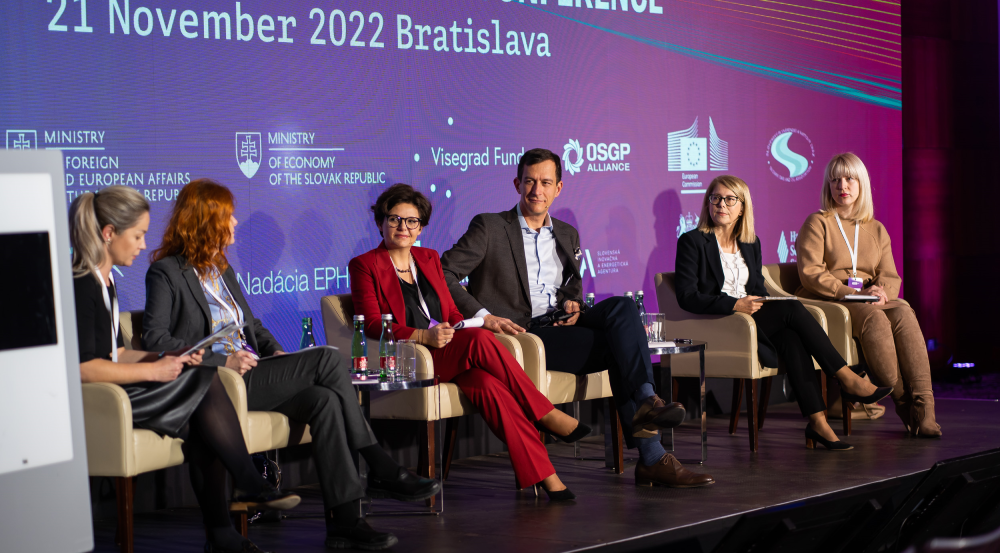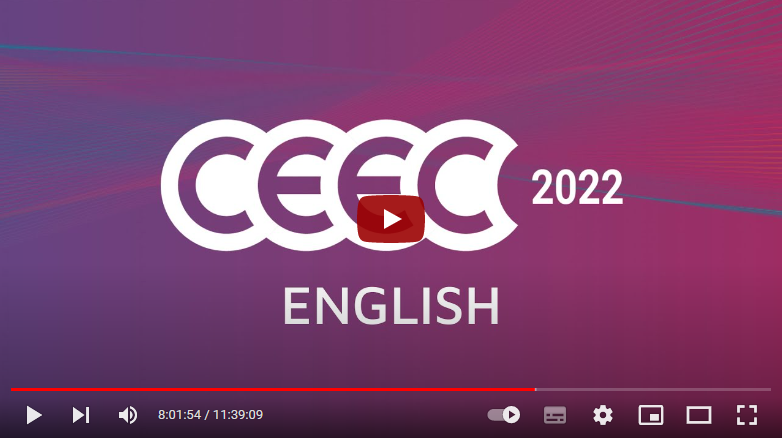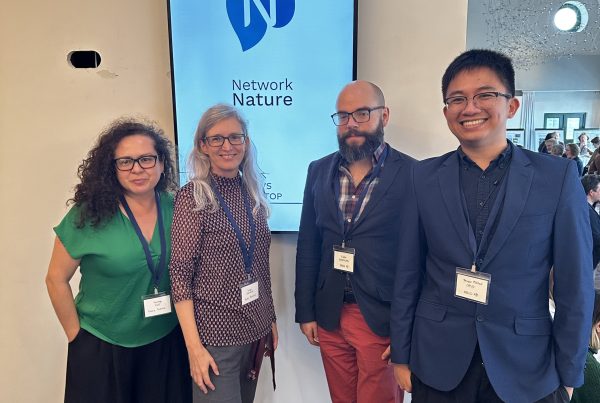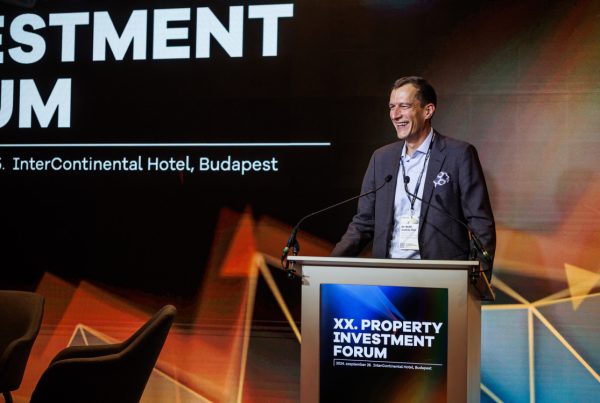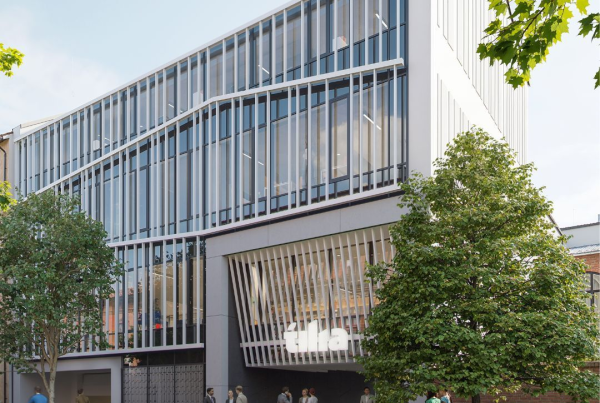CEEC 2022: TOWARDS GREEN(ER) BUILDINGS
ABUD CEO Dr. András Reith PhD Participated in Panel VI. at Central European Energy Conference 2022
One of the most prestigious energy-focused events of the CEE region, CEEC XVI. – Central European Energy Conference 2022 took place in Bratislava this Monday. ABUD’s CEO, Dr. András Reith PhD was invited as a panelist in the discussion titled “Towards Green(er) Buildings”.
Organized by the Research Center of the Slovak Foreign Policy Association, the conference was held under the auspices of the Prime Minister of the Slovak Republic Eduard Heger and the Minister of Economy of the Slovak Republic Karel Hirman. Considering the current energy and climate crisis, the conference aimed to discuss energy security, energy efficiency as well as climate policy as top priorities for Central Europe. The event aspired to bring together leading stakeholders from Central Europe’s energy sector in order to help find better energy and climate policy solutions for the EU and for Central Europe.
András Reith participated in Panel VI of the event, titled “Towards Green(er) Buildings” that focused on short- and long-term measures for the acceleration of decarbonisation and achieving higher energy efficiency. The panel was chaired by Katarína Nikodemová, Director of Buildings for the Future and participants included Justyna Glusman, Managing Director of Fala Renowacji; Ľubica Šimkovicová, President of the Passive House Institute Slovakia, Manifest2020; Lívia Vašáková, Director General of the Recovery Plan Department of the Government Office of the Slovak Republic; and Lenka Vaněk, Head of the Innovation and Decarbonisation at ČEZ ESCO.
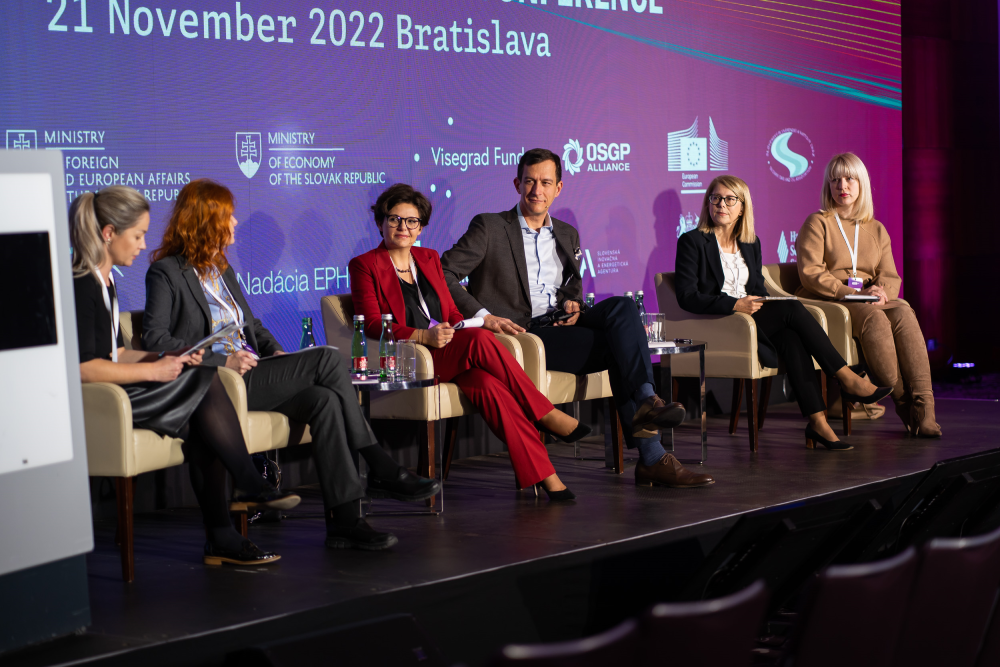
Due to the current political and environmental circumstances, CEE countries are increasingly concentrating on achieving energy efficiency within the building sector and strive to transition to clean energy, which has multiple social and environmental benefits. However, the transition takes time and requires the careful prioritization of short-term and long-term measures as well as the synchronization of strategies and policies on (inter)governmental levels.
As a start, panel members agreed that public buildings should lead by example in terms of energy efficiency. In reality, however, the lack of expertise, motivation, capacity and financial resources undermine this aspiration. According to the panelists, the situation could be optimised by setting common standards and educating stakeholders. Also, another possibility is the centralisation of the facility management of public buildings, which would greatly help the energy efficient transformation of a large number of state-owned buildings, allowing for more efficient, monitored and centralized execution by expert teams.
Regarding quick reactions to the current crisis, András Reith noted that the first step in striving for energy efficiency should always be demand reduction (i.e. the education of building users of energy efficient behaviours). The next step could be applying energy efficient solutions and catering for the remaining needs economically. Sustainability – therefore – can only be reached through a holistic approach executed on multiple levels and cannot be equal to one-dimensional solutions such as installing PV on the roof of a degraded building.
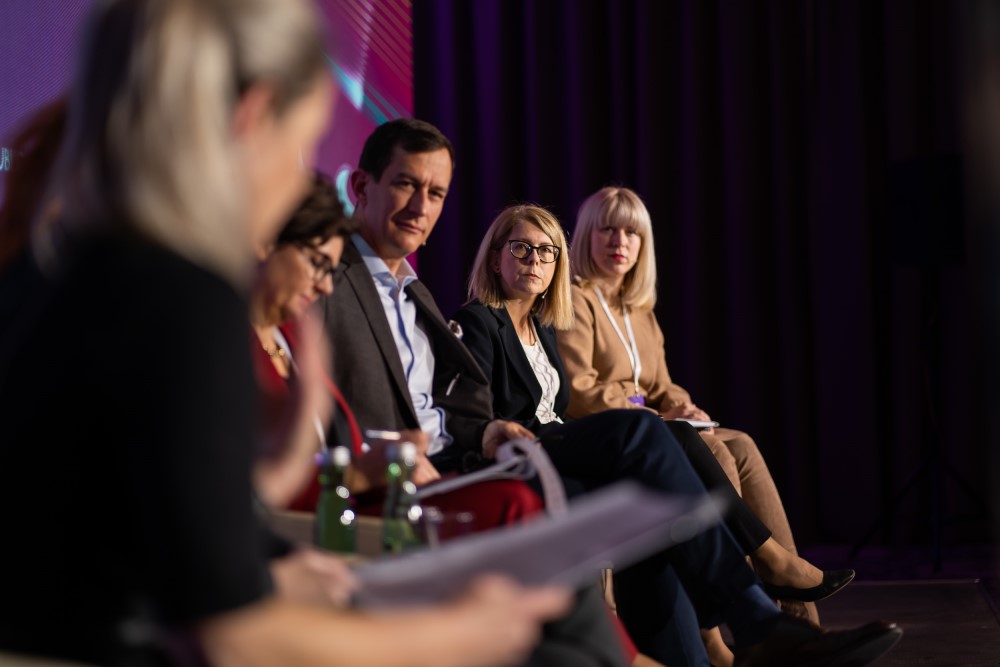
In terms of prioritising building renovations, Panelists called attention to the lack of adequate data about public buildings, without which it is impossible to determine renovation priorities. In our common interest, governments should reconsider their priorities regarding the renovation of the existing building stock. Although renovations are less popular items on the political agenda, they would be crucial for energy efficiency and a more sustainable future. Another controversy comes from the fact that there is no tried and tested path to achieve energy efficiency, and in most cases, the tools are also missing.
Looking more into the future, participants also discussed what will happen once the war in Ukraine will be over and how CEE countries could take part in rebuilding the country.
We are truly grateful for the opportunity to participate in such a pioneering, regionally significant event! Thanks to the Slovak Foreign Policy Association for the invitation and the truly professional organisation.
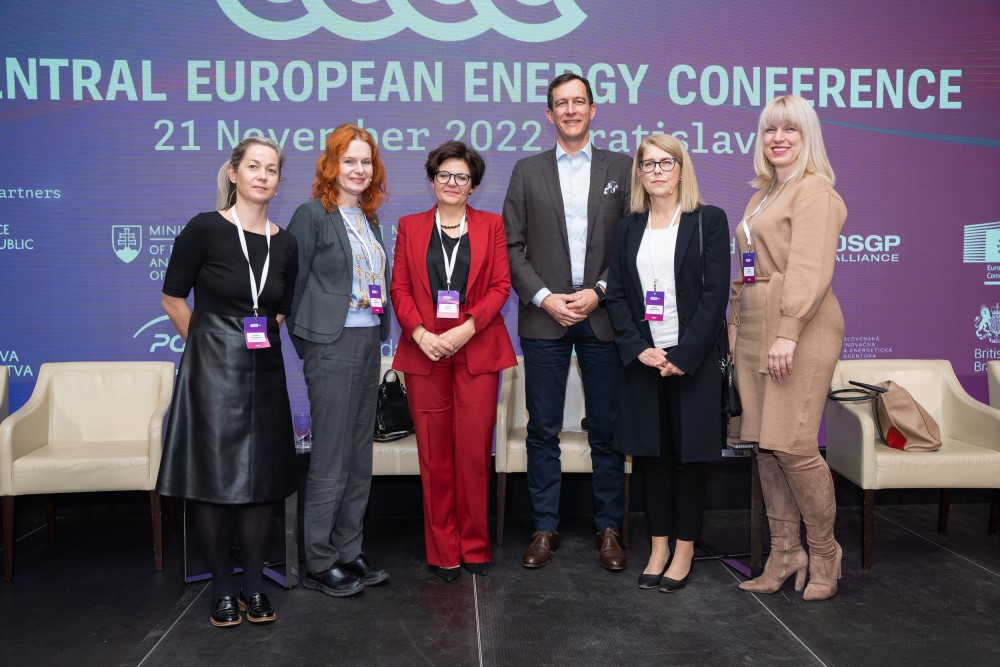
The conference is available on YouTube (Panel VI. starts from 8:23:50).
